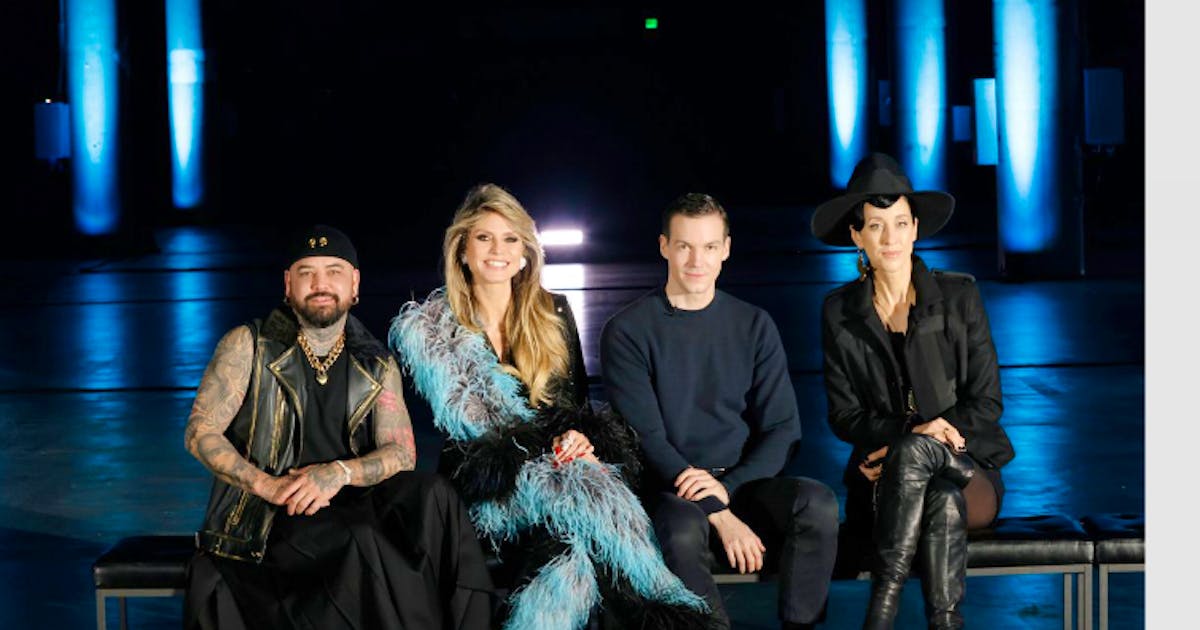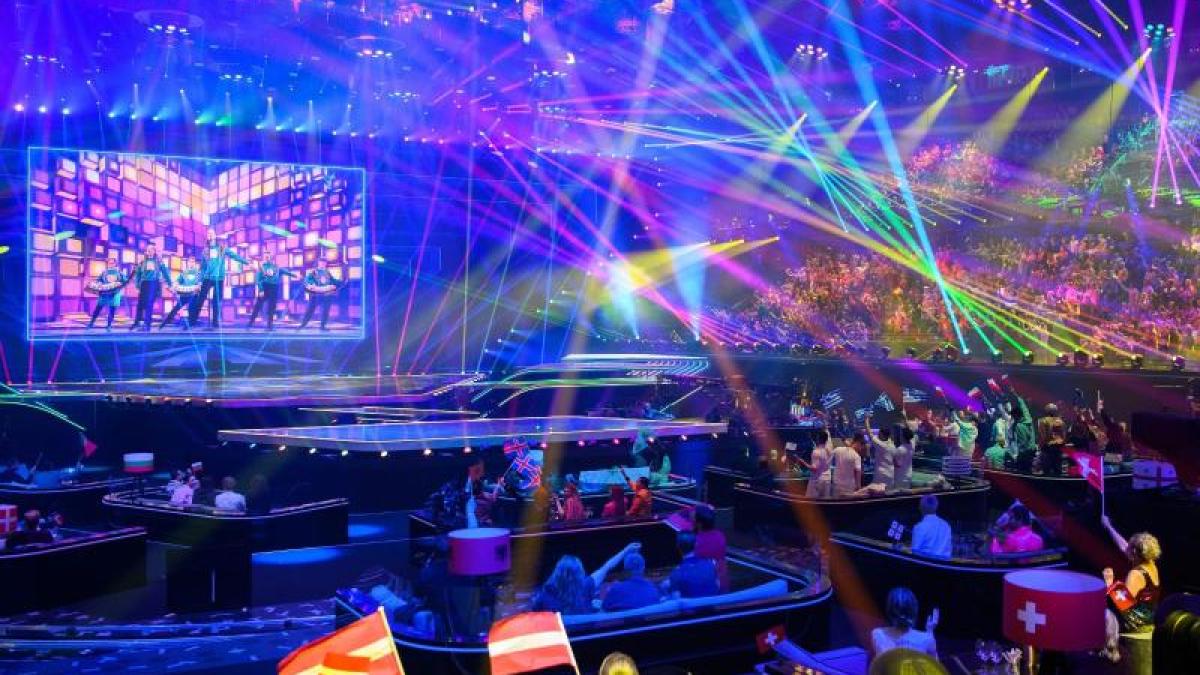Eurovision Song Contest: The name sounds like only European countries are participating. But an artist from Australia also came to ESC 2023. Why is that?
Why did an artist from Australia participate? ESC 2023 area? Many of the viewers who watched the Eurovision Song Contest in Liverpool, England are probably wondering.
Short answer: It has become more or less common practice. In 2015, Australia was granted an exemption to participate in the ESC for the first time. The country on the other side of the world did not have to qualify for one of the two semi-final rounds, but qualified directly for the final round. ESC organizers justified this at the time with Australians’ huge interest in the Eurovision Song Contest. In principle, the campaign can be seen as a PR stunt for the 60th anniversary of the Eurovision Song Contest.
ESC 2023: Why Australia exists
The Eurovision Song Contest has been broadcast in Australia since 1974 and is very popular. The numbers show just how popular the ESC is: in 2014, 2.7 million Australians won the Conchita Wurst competition. This was already the peak as the country has only 24 million people. The following year, 4.1 million Australians watched the Eurovision Song Contest when Australia sent an artist for the first time. Australian entrant Guy Sebastian landed a respectable fifth place with his song “Tonight Again.”
Showing Glomex’s video requires your consent
With your consent, external content that supplements the editorial text will be displayed here. By activating content with “Accept and Display”, you expressly agree that glomex GmbH may store or access information on your device and collect and process your personal data, even in countries with a lower level of data protection outside the EU. Approval applies to your current page visit, but can be revoked using the slider. Data protection
Video: DPA
After the ESC was granted an exemption for the anniversary, Joan Ola Sundt, executive supervisor of the ESC, announced in late 2015 that Australia would be allowed to compete again in 2016. But the direct ticket for the final round is not available. Australia, like all other participating nations, had to qualify for the final through the semi-finals. Since then, Australia has participated in major international singing competitions every year. Australia will be at ESC 2023 again.
Australia at ESC 2023 – not the only exception
It is not unusual for non-European countries to participate in the Eurovision Song Contest. In 1980, Morocco, located in North Africa, sent a participant. Israel has been around since 2017. Why is that? The Eurovision Song Contest is not a “European Song Contest”, i.e. not a European Song Contest.
Here’s the explanation, which may seem a little complicated at first: Eurovision, the international program exchange of the European Broadcasting Union (EBU), includes all the active countries of the EBU. To become a member, countries must operate a national broadcasting service within the so-called European Broadcasting Area or in a country that is a member of the Council of Europe. This includes countries like Israel, Azerbaijan, Armenia and Georgia.
Also read this
Now Australia is one of them. Australian broadcaster SBS is now a partner of the European Broadcasting Union, with a decision yet to be made on whether Australia will be allowed to enter the competition permanently in 2016. Since 2015, Australia has been a permanent participant in the ESC – if they are invited by the host country. And they still have to prove themselves in the semi-finals – as usual.
What happens if Australia wins ESC 2023?
By the way: If Australia wins the tournament, next year’s final will still not be held on the other side of the world. Organizers have announced that if Australia wins, the Eurovision Song Contest will be held in the European city next year. All other participating countries do not have to fly around the world. sli

“Friend of animals everywhere. Web guru. Organizer. Food geek. Amateur tv fanatic. Coffee trailblazer. Alcohol junkie.”







More Stories
Biden's statements require clarification from the White House
Back to Australia? That is why the country can participate
Poland becomes richer than Great Britain – Euractive DE